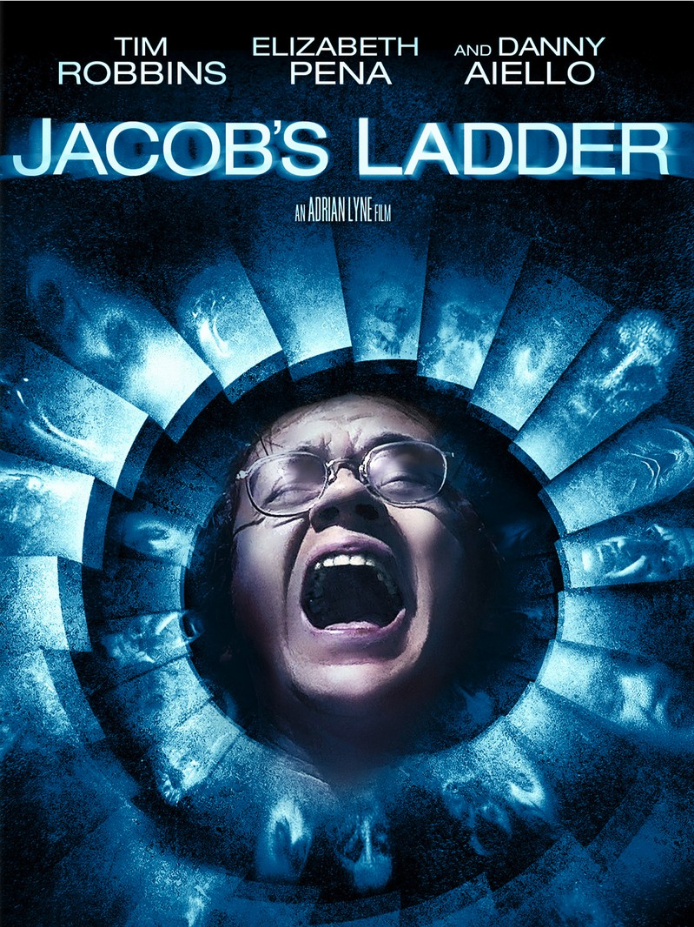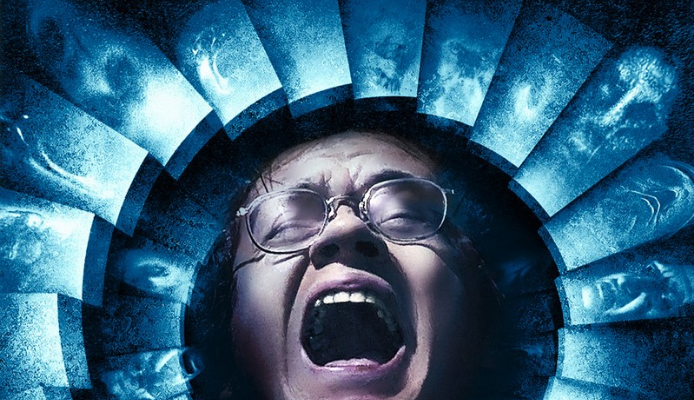
Written by Thomas Cowley, May 17th, 2016, 10:00a.m. – Originally published on Slickster Magazine
When most people think about horror movies these days they think about the traditional slasher film or the recent (and grotesquely named) “torture porn” genre. Stories about things that go bump in the night fueled by scenes of so-called “horror” in which a cast of stereotypes are killed off in increasingly violent ways.
As for myself, this kind of horror film never scratched that particular fear itch. First of all, it is hard for me to imagine a situation in which I would throw logic and caution to the wind like a frat boy would during spring break in the middle of the apocalypse. Secondly, in a world filled with smartphones, status updates, Twitter, and a 24-hour news cycle, I very much doubt that the creepy stalker hiding in the bushes is going to get very far on his “To-Do List” before the SWAT team arrives.
Conversely, what does make my skin crawl and sets all my fear senses to DEFCON 1 is psychological horror because, as a whole, they are far more relatable to the Everyman. The average lifespan in today’s first world society is similar to the seasons of The Simpsons in that the number continues to go up while the quality continues to dip. As a result, many of us have seen a loved one slowly slip into some sort of mental illness where they begin to lose a part of the things we loved about them not unlike The Simpsons.
Jacob’s Ladder Review
This is a fear that we all can relate to because it is something that could happen to all of us. One of my favorite psychological horror films is Jacob’s Ladder, the 1990 cult classic that inspired the Silent Hill series, where Silent Hill 2 is often trumpeted as the best horror video game of all time by myself and many others.
The set up seems rather quaint these days: a Vietnam War veteran with a troubled and violent past begins to see strange and disturbing things in his daily life. As the visions become more frequent it becomes harder and harder for him to discern hallucinations from reality, forcing him to question everyone and everything around him as he slips deeper and deeper into his own paranoia. Throughout this spiral one question lords over all others: is something horrible and supernatural happening to him, or is he losing his mind?
Fans of Silent Hill and many other paranoia/conspiracy films can rightly assume where things go from here, but as for horror movies, few films have truly captured the feeling of paranoia quite like Jacob’s Ladder. Scenes transition from the real world into nightmarish hellscapes with no visual clue that it happened, only to return us to normal with no clear indicator that we ever left the nightmare.
This forces us as the audience to ask the same questions of what in fact is real. The sudden shift without explanation by director Adrian Lyne does an amazing job of putting the audience in the same state of mind as Jacob. We ask what just happened, what is going on, is any of it real, and while our questions are ignored we are bombarded with images straight from our darkest nightmares, making us feel just as insane as Jacob.
Perhaps the greatest achievement of Jacob’s Ladder is the crushing sense of loneliness it instills. As the film goes on, Jacob’s entire support structure erodes beneath him. His girlfriend thinks he is crazy and eventually leaves him. His friends and a lawyer support his strange claims, but once they are threatened, they abandon him. His hospital and military records go missing, leaving many to think he is simply insane; a man who never existed blabbering on about monsters. And all the while we know the truth, and if they would just take a minute to listen they would see that.
But then, like Jacob, we begin to question if it is real or if it is all in his head. Tim Robbins completely sells the character of Robert Singer as we can clearly see the emotions on his face perfectly reflecting our own as we watch, almost as if we were looking into a mirror. Few actors can carry a movie entirely by themselves and even fewer with such disturbing and abstract source material, so it should come as no surprise that the future star of The Shawshank Redemption does not struggle to carry the weight of the film on his shoulders.
Jacob’s Ladder is a terrifying descent into madness that draws you into the emotional and mental state of the protagonist like few films ever have in the nearly 100 years of cinema. A dark and twisted portrayal of our own flaws, our fear of death, of loss and love, all of which revolves around one terrifying thought: that one day, our own mind, our last true refuge, may in fact become our own personal hell.
